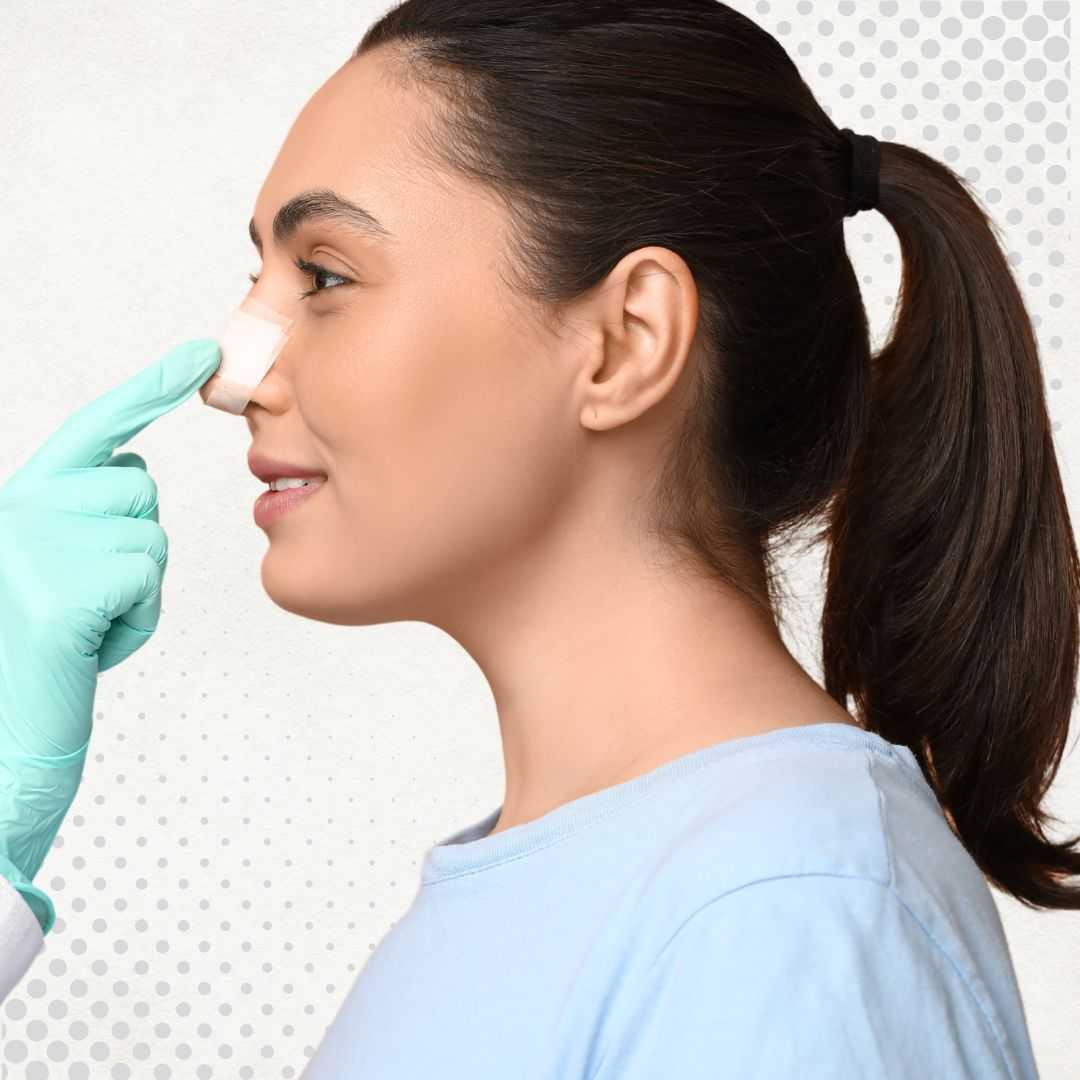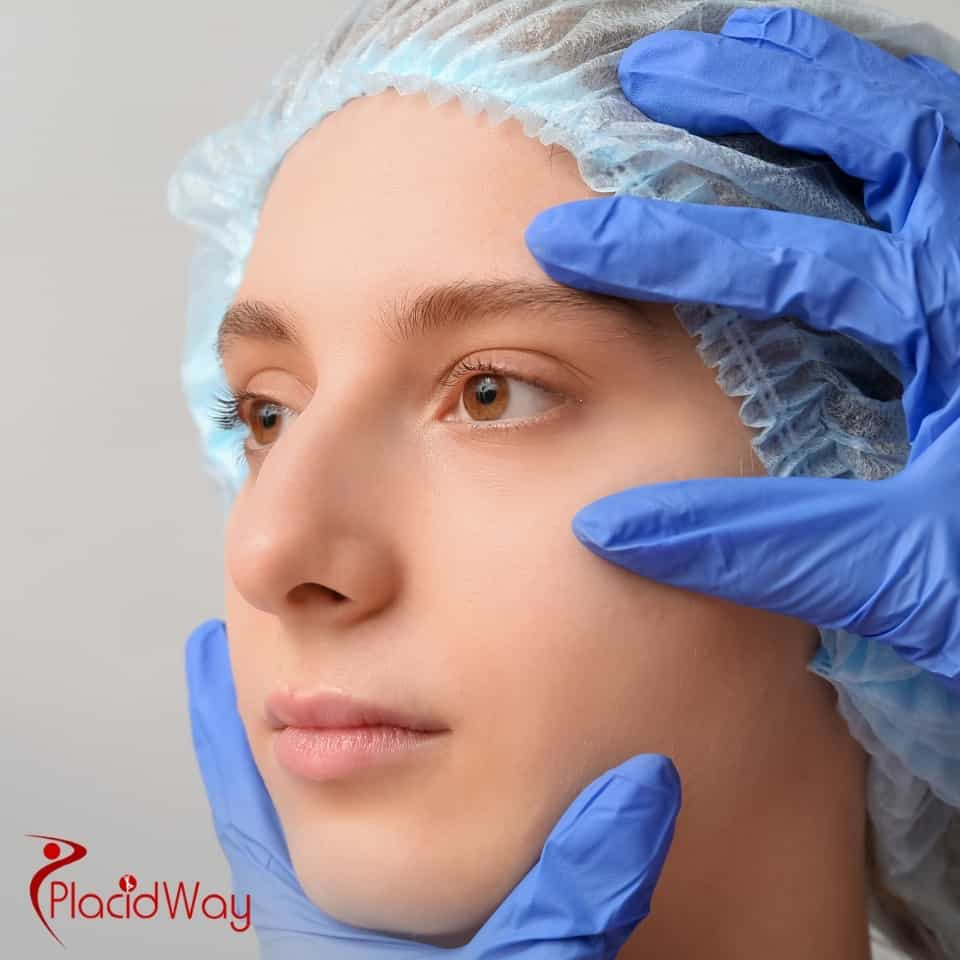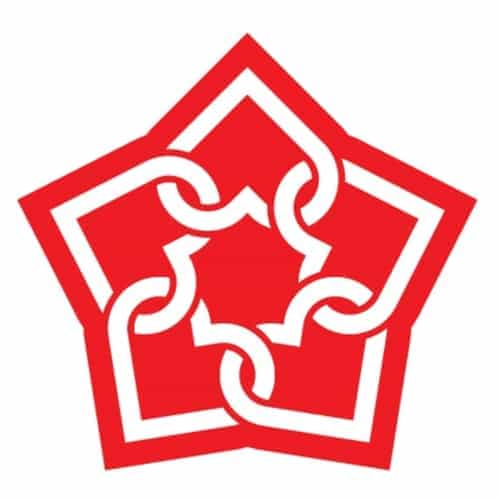Your Guide to Secure Liposuction: Choosing a Clinic in Turkey

Turkey has become a prominent global hub for medical tourism, attracting hundreds of thousands of patients annually for various cosmetic procedures, including liposuction. This rise in popularity is largely due to the combination of competitive pricing, advanced medical facilities, and highly skilled surgeons. However, like any medical procedure performed abroad, getting liposuction in Turkey requires careful consideration and thorough research to ensure safety and satisfactory outcomes. This guide will delve into the important aspects of safety, risks, and what to look for when considering liposuction in Turkey, addressing common questions that prospective patients often have.
Is it truly safe to undergo liposuction in Turkey?
"Yes, it can be very safe to undergo liposuction in Turkey if you select a reputable clinic with international accreditations and experienced plastic surgeons who adhere to global standards."
While Turkey has a strong reputation for medical tourism, especially in plastic surgery, the safety of your liposuction procedure depends heavily on your choice of clinic and surgeon. Many Turkish hospitals are accredited by international organizations like the Joint Commission International (JCI), indicating they meet rigorous global standards for patient care and safety. These facilities often boast state-of-the-art equipment and employ surgeons who have received training and experience in Western countries. However, like any destination, there can be varying standards, so diligence in research is paramount.
What are the main reasons people choose Turkey for liposuction?
"People primarily choose Turkey for liposuction due to its significantly lower costs compared to Western countries, coupled with high-quality medical facilities and experienced, internationally-trained surgeons."
The affordability of liposuction in Turkey is a major draw, with prices often 60-70% lower than in Europe or North America. This cost-effectiveness does not necessarily mean a compromise on quality, as many clinics invest in advanced technology and adhere to international standards. Additionally, the opportunity to combine medical treatment with a holiday experience in a culturally rich destination like Turkey further enhances its appeal. Many Turkish plastic surgeons have extensive experience, performing a high volume of procedures, which contributes to their expertise.
How can I ensure the safety of my liposuction procedure in Turkey?
"To ensure the safety of your liposuction in Turkey, thoroughly research clinics for international accreditations (like JCI), verify your surgeon's credentials and experience, read patient reviews, and ensure transparent communication regarding the procedure and aftercare."
Choosing a reputable provider is the most critical step. Look for clinics that are accredited by recognized international bodies. Verify that your chosen surgeon is board-certified and has a strong track record specifically in liposuction procedures. Don't hesitate to ask about their experience, the number of procedures they have performed, and their complication rates. Reading reviews and testimonials from previous patients can provide valuable insights. Clear and open communication with the medical team, including discussing your expectations and understanding the entire treatment plan, is also vital.
What accreditations should I look for in a Turkish clinic for liposuction?
"When considering liposuction in Turkey, look for clinics accredited by international organizations such as the Joint Commission International (JCI) or those that adhere to European or American medical standards."
JCI accreditation signifies that a hospital meets stringent international standards for quality and patient safety. While not all excellent clinics will have JCI accreditation, it is a strong indicator of a facility's commitment to high-quality care. Additionally, some clinics may be affiliated with international medical associations or have surgeons who are members of prestigious plastic surgery societies, further indicating their adherence to global best practices.
What are the potential risks and complications of liposuction, regardless of location?
"The potential risks and complications of liposuction include infection, excessive bleeding, fluid accumulation (seroma), numbness, uneven contours, skin irregularities, adverse reactions to anesthesia, and in rare cases, fat embolism or organ perforation."
Like any surgical procedure, liposuction carries inherent risks. While serious complications are rare, it's crucial to be aware of them. Common, usually temporary, side effects include swelling, bruising, and discomfort in the treated areas. More significant risks, though infrequent, can include:
- Infection: Post-surgical infections can occur, emphasizing the importance of sterile environments and proper post-operative care.
- Hematoma/Seroma: Accumulation of blood (hematoma) or fluid (seroma) under the skin, which may require drainage.
- Numbness or altered sensation: Temporary or, in rare cases, permanent changes in skin sensation.
- Contour irregularities: Uneven fat removal can lead to wavy, bumpy, or asymmetrical skin.
- Anesthesia risks: Adverse reactions to local or general anesthesia.
- Fat embolism: A rare but serious complication where fat particles enter the bloodstream and travel to the lungs or brain.
- Organ perforation: Extremely rare, but possible if the surgical instruments penetrate internal organs.
Are there specific risks associated with getting liposuction in Turkey that differ from other countries?
"The specific risks associated with getting liposuction in Turkey largely revolve around potential communication barriers, limited legal recourse in case of complications, and variations in aftercare provision compared to your home country, rather than different inherent procedural risks."
While the surgical risks of liposuction itself are generally the same worldwide, logistical and systemic differences can introduce additional considerations when undergoing the procedure abroad.
- Communication: Language barriers can sometimes lead to misunderstandings between patients and medical staff, which can impact pre-operative instructions, surgical details, and post-operative care.
- Aftercare and Follow-up: While many reputable Turkish clinics offer comprehensive aftercare packages, the logistics of follow-up appointments once you return to your home country can be challenging. Ensuring a clear plan for post-operative care and potential complications back home is essential.
- Legal Recourse: In the unlikely event of medical negligence or complications, pursuing legal action in a foreign country can be complex and expensive.
- "Bargain" Clinics: The popularity of medical tourism can lead to some less scrupulous providers offering extremely low prices by cutting corners on safety, hygiene, or surgeon qualifications. It is crucial to avoid such offers.
What pre-operative checks are typically done before liposuction in Turkey?
"Before liposuction in Turkey, standard pre-operative checks typically include a thorough physical examination, blood tests, review of medical history, and sometimes imaging like ultrasounds to assess fat distribution and overall health."
A comprehensive pre-operative evaluation is crucial to ensure you are a suitable candidate for liposuction and to minimize risks. This typically involves:
- Medical History Review: Discussing any existing medical conditions, medications you are taking (especially blood thinners), allergies, and previous surgeries.
- Physical Examination: Assessing your overall health, skin elasticity, and the areas targeted for liposuction.
- Blood Tests: To check for blood clotting disorders, anemia, and general health markers.
- Discussion of Expectations: A clear conversation about your aesthetic goals and what can realistically be achieved.
- Smoking and Alcohol Cessation: You will typically be advised to stop smoking and reduce alcohol consumption several weeks before surgery to promote better healing.
How long is the recovery period for liposuction in Turkey, and what does it involve?
"The initial recovery period for liposuction in Turkey typically lasts 1 to 2 weeks, with most swelling subsiding within 2-3 months. Full results may be visible after 6-12 months, and recovery involves wearing compression garments, limiting strenuous activity, and managing swelling and bruising."
After liposuction, patients usually experience swelling, bruising, and some discomfort, which can be managed with pain medication.
- Compression Garments: Wearing a compression garment for several weeks is essential to reduce swelling, promote skin retraction, and support the newly contoured areas.
- Rest and Activity: Most patients can return to light daily activities within a few days, but strenuous exercise and heavy lifting should be avoided for several weeks.
- Drainage: In some cases, small drains may be placed to remove excess fluid, which are typically removed within a few days.
- Swelling and Bruising: Significant swelling and bruising are normal and gradually resolve over several weeks to months. The final results of liposuction become more apparent as swelling diminishes.
What should I do if I experience complications after returning home from liposuction in Turkey?
"If you experience complications after returning home from liposuction in Turkey, immediately contact your Turkish clinic for guidance, and seek prompt medical attention from a local doctor or emergency services if necessary, informing them about your recent surgery."
It is vital to have a clear understanding of the aftercare plan provided by your Turkish clinic and their protocol for managing remote complications.
- Immediate Contact: Reach out to your surgeon or the clinic's patient coordinator as soon as you notice any concerning symptoms. They may be able to offer advice via video call or direct you to a local specialist.
- Local Medical Care: Do not hesitate to seek emergency medical attention in your home country if symptoms are severe (e.g., severe pain, fever, excessive redness, pus, or difficulty breathing). Be sure to inform your local medical providers about the type of surgery you had, when, and where.
- Medical Travel Insurance: It is highly recommended to have comprehensive medical travel insurance that covers potential complications from elective surgery abroad, as this can cover the costs of any necessary follow-up treatment or emergency care in your home country.
Are all-inclusive liposuction packages in Turkey a good idea?
"All-inclusive liposuction packages in Turkey can be convenient, often covering surgery, accommodation, and transfers. However, scrutinize what's included and ensure transparency regarding all costs, potential hidden fees, and the quality of medical care, not just the holiday aspect."
Many Turkish clinics offer packages that bundle the surgical cost with elements like airport transfers, hotel stays, and even some post-operative care. This can simplify travel logistics, but it's important to:
- Understand Inclusions: Confirm exactly what services and durations are covered. Are medications included? What about follow-up appointments once you return home?
- Hidden Costs: Be wary of packages that seem too cheap, as they might have hidden costs or compromise on quality.
- Focus on Medical Quality: While the travel aspect is a bonus, prioritize the quality and safety of the medical procedure above all else. Ensure the medical components of the package are top-notch.
How much does liposuction in Turkey typically cost?
"The cost of liposuction in Turkey typically ranges from $2,000 to $6,000, depending on the number of areas treated, the technique used, the clinic's reputation, and the surgeon's experience."
This price range is significantly lower than in many Western countries, where similar procedures could cost upwards of $5,000 to $15,000 or more. The lower operational costs in Turkey, favorable exchange rates, and competitive market contribute to these attractive prices. However, patients should ensure that the quoted price is inclusive of all necessary fees, such as anesthesia, facility fees, and post-operative garments.
What types of liposuction techniques are available in Turkey?
"Clinics offering liposuction in Turkey commonly utilize various modern techniques, including Tumescent Liposuction, Power-Assisted Liposuction (PAL), Ultrasound-Assisted Liposuction (UAL/VASER liposuction), and Laser-Assisted Liposuction (LAL)."
- Tumescent Liposuction: This is the most common technique, involving the injection of a large volume of saline solution mixed with lidocaine (an anesthetic) and epinephrine (a blood vessel constrictor) into the fatty tissue. This numbs the area, constricts blood vessels to minimize bleeding, and makes fat removal easier.
- Power-Assisted Liposuction (PAL): This technique uses a cannula that vibrates rapidly, breaking up fat cells and making them easier to suction out. It can be quicker and more efficient, especially for larger volumes of fat or fibrous areas.
- Ultrasound-Assisted Liposuction (UAL/VASER Liposuction): UAL uses ultrasonic energy to liquefy fat cells before they are suctioned out. VASER liposuction is a popular type of UAL that allows for more precise body sculpting and can be gentler on surrounding tissues.
- Laser-Assisted Liposuction (LAL): LAL uses laser energy to melt fat cells, making them easier to remove. The heat from the laser can also stimulate collagen production, potentially leading to some skin tightening.
The choice of technique often depends on the specific areas being treated, the amount of fat to be removed, and the surgeon's preference and expertise.
What is the ideal candidate profile for liposuction?
"The ideal candidate for liposuction is typically someone who is close to their ideal weight but has localized pockets of stubborn fat that haven't responded to diet and exercise, possesses good skin elasticity, and is in overall good health."
Liposuction is a body contouring procedure, not a weight-loss solution. Ideal candidates should have realistic expectations about the outcomes. Other factors include:
- Good Skin Elasticity: This allows the skin to retract smoothly after fat removal, minimizing sagging.
- Non-Smoker: Smoking can impair healing and increase the risk of complications.
- No Serious Medical Conditions: Individuals with certain chronic illnesses (e.g., heart disease, uncontrolled diabetes) or those on specific medications (e.g., blood thinners) may not be suitable candidates.
- Stable Weight: Significant weight fluctuations after liposuction can affect the results.
How to verify a surgeon's credentials for liposuction in Turkey?
"To verify a surgeon's credentials for liposuction in Turkey, look for board certifications from recognized plastic surgery boards, inquire about their training and experience (especially international), and review their professional affiliations and patient outcomes."
- Board Certification: Confirm if the surgeon is certified by the Turkish Society of Plastic, Reconstructive, and Aesthetic Surgery or equivalent international boards.
- Education and Training: Ask about their medical school, residency, and any specialized training or fellowships, especially if they trained in Western countries.
- Experience: Inquire about their years of experience and the specific number of liposuction procedures they have performed.
- Professional Memberships: Membership in reputable international or national plastic surgery societies indicates adherence to professional standards and ongoing education.
- Before-and-After Photos: Request to see a portfolio of their previous work to assess their aesthetic style and results.
What post-operative care should I expect after liposuction in Turkey?
"After liposuction in Turkey, you should expect detailed post-operative instructions, including wearing a compression garment, managing pain and swelling, wound care, and scheduled follow-up appointments, often with options for remote consultation once you return home."
Reputable clinics will provide comprehensive post-operative care plans. This typically includes:
- Medication: Prescriptions for pain relief, antibiotics, and anti-inflammatory drugs.
- Compression Garment: Instructions on how long and how often to wear the garment.
- Wound Care: Guidance on keeping incision sites clean to prevent infection.
- Activity Restrictions: Advice on avoiding strenuous activities and gradual return to normal routines.
- Follow-up Appointments: Scheduled visits with the surgeon to monitor healing and address any concerns. For international patients, this may include remote consultations via video call.
- Lymphatic Drainage Massages: Some clinics may recommend or offer lymphatic drainage massages to help reduce swelling and improve healing.
Explore PlacidWay for solutions related to medical tourism, healthcare services, and other relevant offerings.


.png)





.png)

.png)






Share this listing